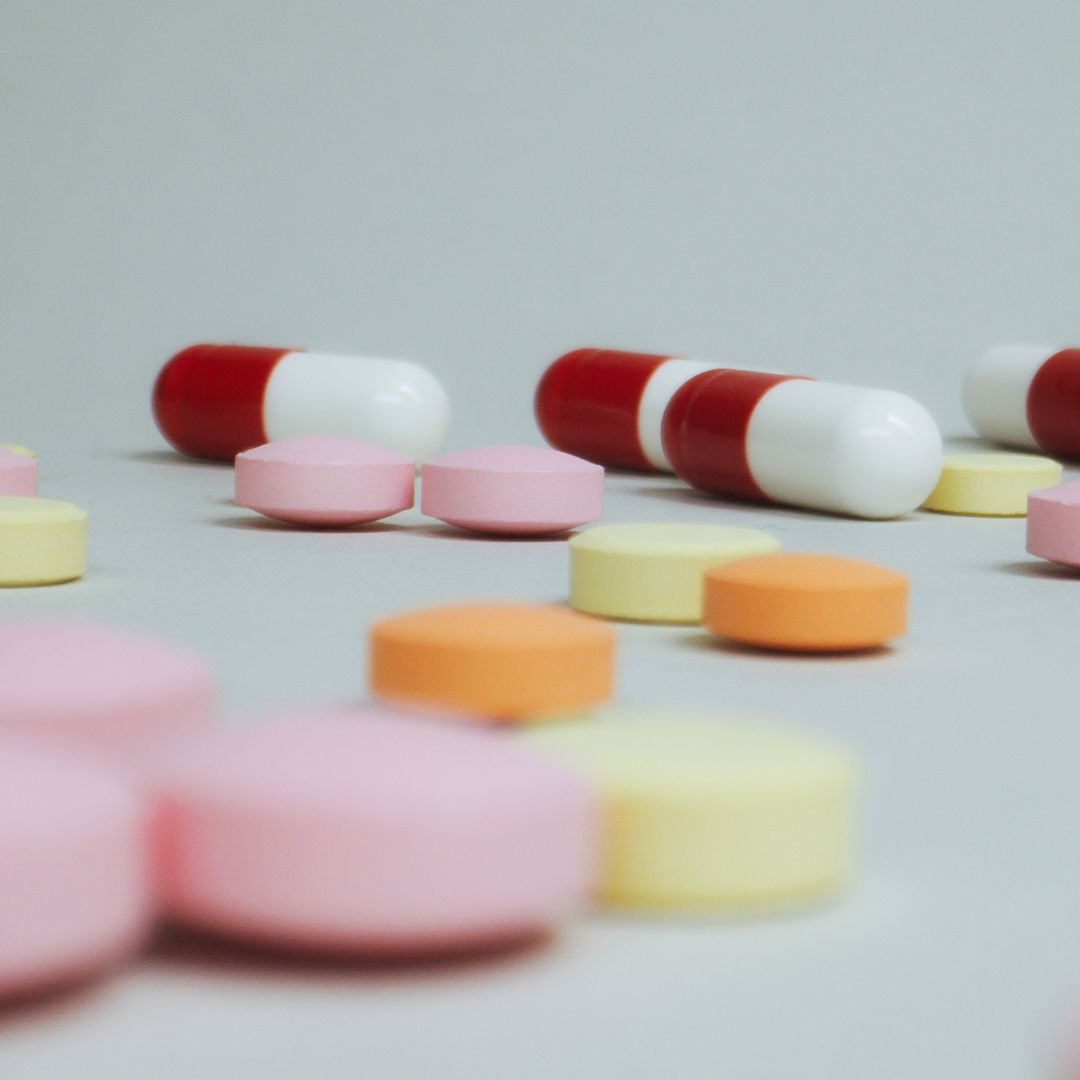
Call Us

Call Us

Pharmaceutical Tablet Manufacturing Process - The pharmaceutical tablet manufacturing process has advanced greatly in the last century. Many regulatory standards exist, and all pharmaceutical businesses that manufacture drugs are required to adhere to them. The progress we see supports these global standards for the production of pharmaceuticals. Lifevision Chandigarh is an ISO-certified pharmaceutical tablet manufacturing company that adheres to WHO and GMP guidelines. We are a trusted name in offering Tablet manufacturing services. Being one of the best pharmaceutical tablet manufacturers in India, we manufacture all tablet segments such as Analgesics, Antiemetics, Anti-infective, Anti-allergic, Antibiotics, Anti-inflammatory, etc.
All consumable and non-consumable materials that aid in the prevention, treatment, and maintenance of various medical conditions are considered pharmaceutical products. Medicines form an important part of India's pharmaceutical goods. Each tablet is designed and manufactured in compliance with the established norms and under strict surveillance. Lifevision Chandigarh manufactures pharmaceutical tablets with the objective of being material and weight, chemically and practically stable, and free from impurities.
A tablet is a solid dosage form composed of active ingredients and appropriate pharmaceutical excipients. Among other important properties, tablets differ in terms of size, shape, weight, thickness, hardness, and dissolving and disintegrating characteristics. The production process, such as compressed or molded tablets, can be used to classify tablets.
One of the most commonly used drugs is a tablet. Tablets are provided for antibiotics, analgesics, steroids, fever medications, hormone treatments, and dietary supplements. Before starting the process of pharmaceutical tablet manufacturing, any Indian tablet manufacturer should take into account the following factors:
The Drugs and Cosmetics Act and WHO recommendations have established specific rules for the manufacture of pharmaceutical tablets. Below is a list of processes followed by Indian pharmaceutical exporters to produce high-quality pharmaceutical tablet manufacturing processes -
Only such drugs which have passed clinical trials and got the okay from the concerned regulatory agency are allowed to be produced in tablet form.
Lifevision Chandigarh is the top pharmaceutical company for tablet manufacturing. When manufacturing products, we follow all guidelines by WHO and GMP to ensure that they meet the highest possible standards. Our success is mostly due to the high quality of our goods and the production facilities that we use as a top Pharmaceutical Tablets manufacturer in India, which makes our goods of such high quality. Our industrial facility is located on a large, open plot of land. It has a state-of-the-art production facility and multiple departments for all types of functions including logistics, tablet pressing, laminating, a quality control team, and many more. Let's review the main features of our production facility -
Name: Lifevision Chandigarh
Address: Plot No. 11-12, Dainik Bhaskar Building, Sector 25-D, Chandigarh- 160014, India
Phone Number: +91-9317777888
Q - Which is the number 1 pharma tablet manufacturing company in India?
A - Lifevision Chandigarh is a GMP & ISO certified manufacturer that caters to worldwide pharma markets for products across the pharmaceutical value chain and manufactures a wide range of Pharmaceutical Tablets across India.
Q - What is the process of tablet manufacturing?
A - Tablet-making involves a number of different unit operations, such as particle size reduction and shaping, mixing, granulation, drying, compaction, and coating. Variables related to these processes can significantly affect the stability, bioavailability, or homogeneity of the material.
2021, All Right Reserved @ Lifevision Healthcare | Web Design & Development By WebHopers